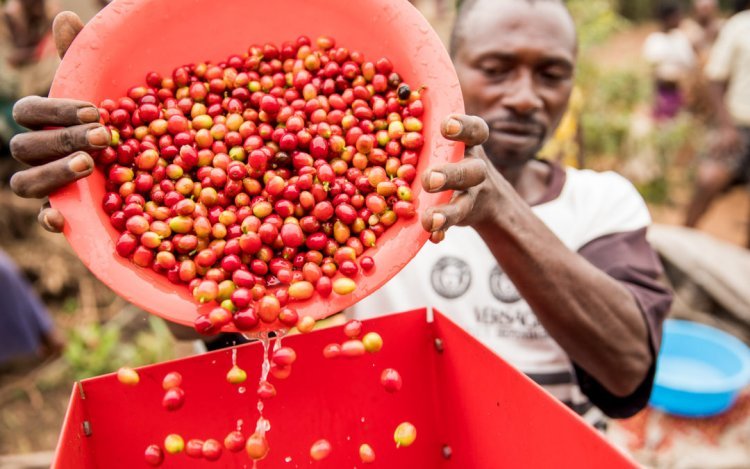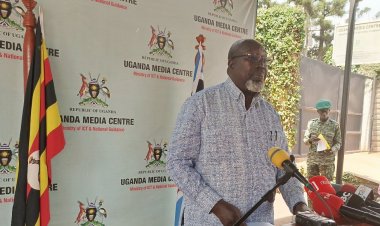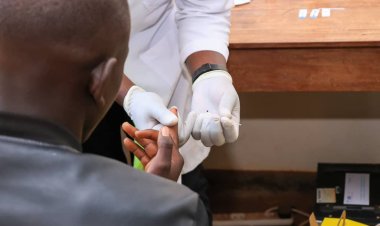Coffee Development Authority still negotiating better reforms with International Coffee Organization
Dr. Emmanuel Iyamulemye the managing director UCDA revealed that unless the ICO abides by the new reforms, Uganda isn’t going to subscribe to the body for the next two years.


While addressing the media about the reforms in the coffee business on Thursday, Dr. Emmanuel Iyamulemye the managing director UCDA revealed that unless the ICO abides to the new reforms, Uganda will still not subscribe to the body for the next two years.
The International Coffee Organization was set up in 1963 under the auspices of the United Nations with a mission of strengthening the global coffee sector and to promote sustainable expansion of a market-based environment for the betterment of all participants in the coffee sector.
Uganda which is the largest coffee producer in Africa and amongst the top 10 exporters of coffee in the whole world saw its contract expire in 2017 and in the next year 2018, the council formed a working group on the future of the coffee agreement and since then discussions of the new international coffee agreement have been going on where the council agreed to extend the International Coffee Agreement of 2007 for a further one year up to February 2022 and later extended up to February 2023.
According to Dr. Emmanuel, all these extensions don’t reflect any new measures to address the challenges faced by the coffee producers and their aspirations and that has prompted them not to join the extension of the ICO agreement of 2007.
Uganda exported 6.1 million bags of coffee in the financial year 2020/21 but all this will now be put on hold until the concerns raised in the new agreement are addressed.
Uganda’s concerns that were also supported by other counterparts included the promotion of value addition where Uganda needs unconditional market access that allows not only green coffee but also value added coffee and also removing barriers that some countries like Germany impose on the export of processed coffee.
The coffee price volatility that threatens the incomes of farmers and sustainability of the coffee sector plus also the classification of coffees where Uganda is not recognized yet its coffee production consists of 80% Robusta and 20% Arabica types of coffee.
Other concerns also included membership votes and contribution to the ICO, the increasing role in the private sector, projects to address challenges in the coffee producing countries, increased budget for programs amongst others.

Though Uganda joined the ICA (2007) in 2009 with a view of enhancing the coffee market, it’s not joining the two years extension of the agreement will not affect the coffee trade in any way but the only implication will be in not paying the annual contributions of Ush 210 million which the country can invest in supporting value addition to coffee farmers.

































